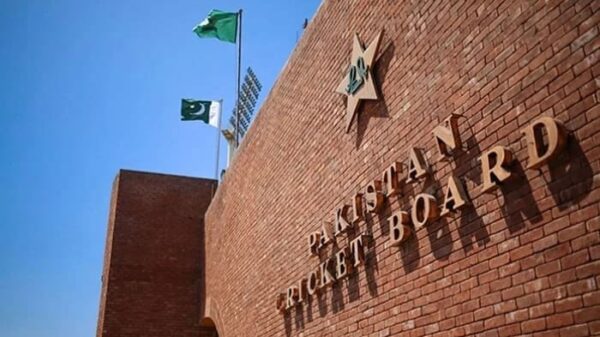The government’s proposal for a substantial reduction in electricity tariffs has hit a roadblock with the International Monetary Fund (IMF), which is withholding a staff-level agreement (SLA) on the first biannual review of the $7 billion Extended Fund Facility (EFF).
It had been widely reported through official leaks that Prime Minister Shehbaz Sharif would announce an Rs8 per unit cut in electricity rates during his March 23 address to the nation. However, no such relief package was mentioned in his Pakistan Day speech.
Instead, the prime minister convened a high-level meeting to reassess the power sector in light of last-minute complications. The meeting was attended by key ministers, including Power Minister Awais Leghari, Economic Affairs Minister Ahad Cheema, and Privatisation Minister Muhammad Ali, alongside PM’s Special Assistant Tauqeer Shah and other officials. A statement issued afterward confirmed that the government was reviewing power sector issues amid negotiations with the IMF.
IMF Resistance to Tariff Reduction
On March 15, the Prime Minister’s Office announced that fuel prices would remain unchanged despite a regulatory recommendation for a reduction of up to Rs13 per litre. The financial relief from this decision was intended to be transferred to electricity consumers.
“The government is preparing a comprehensive strategy for power tariff reductions,” the PMO had declared, hinting at a “big relief package” made possible by shifts in global oil prices and other measures.
However, the IMF is currently reviewing Pakistan’s economic performance for the first half of the fiscal year and its outlook through June 30, 2025, making the tariff cut subject to its approval. “The proposed figures did not align with the IMF’s financial model,” an official told Dawn.
Alternative Plans and IMF’s Fiscal Concerns
During the March 4-14 review talks, Pakistani authorities shared a plan with the IMF that suggested a Rs2 per unit tariff reduction, based on projected savings from renegotiated agreements with Independent Power Producers (IPPs). Later, officials considered raising the petroleum levy on petrol and diesel by Rs10 per litre—up to the Rs70 maximum allowed under the Finance Act 2025—to generate additional revenue for further tariff reductions, potentially lowering electricity costs by another Rs2-2.50 per unit.
Government officials argued that the plan was fiscally neutral, as the additional petroleum levy would offset the tariff reduction, without creating a direct subsidy burden. “The IMF should not have an issue with this trade-off,” an official stated. However, he acknowledged that the IMF evaluates economic policies holistically, rather than approving isolated revenue adjustments.
With the IMF’s stance still firm, the government’s ability to provide power tariff relief remains uncertain, and the delay in finalizing the SLA could complicate Pakistan’s broader economic stabilization efforts.










